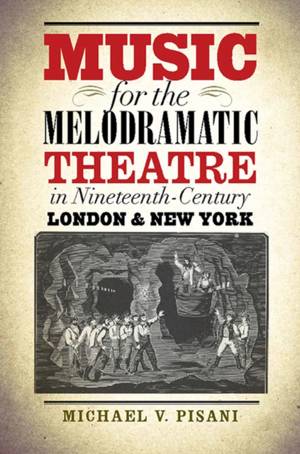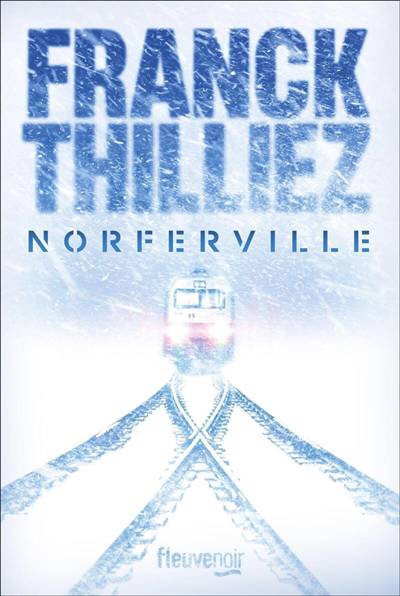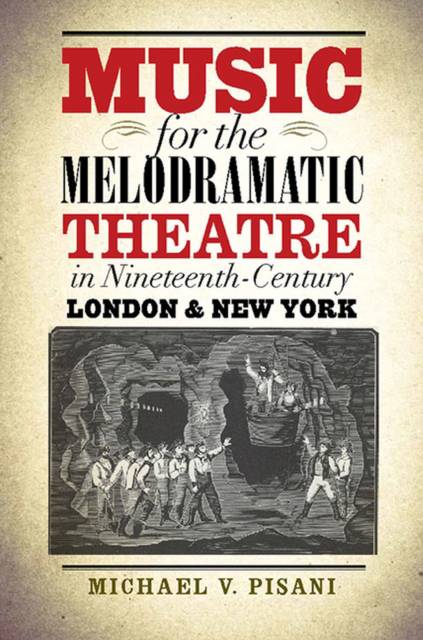
- Retrait gratuit dans votre magasin Club
- 7.000.000 titres dans notre catalogue
- Payer en toute sécurité
- Toujours un magasin près de chez vous
- Retrait gratuit dans votre magasin Club
- 7.000.000 titres dans notre catalogue
- Payer en toute sécurité
- Toujours un magasin près de chez vous
Music for the Melodramatic Theatre in Nineteenth-Century London & New York
Michael V Pisani
61,45 €
+ 122 points
Description
Throughout the nineteenth century, people heard more music in the theatre--accompanying popular dramas such as Frankenstein, Oliver Twist, Uncle Tom's Cabin, Lady Audley's Secret, The Corsican Brothers, The Three Musketeers, as well as historical romances by Shakespeare and Schiller--than they did in almost any other area of their lives. But unlike film music, theatrical music has received very little attention from scholars and so it has been largely lost to us. In this groundbreaking study, Michael V. Pisani goes in search of these abandoned sounds. Mining old manuscripts and newspapers, he finds that starting in the 1790s, theatrical managers in Britain and the United States began to rely on music to play an interpretive role in melodramatic productions. During the nineteenth century, instrumental music--in addition to song--was a common feature in the production of stage plays. The music played by instrumental ensembles not only enlivened performances but also served other important functions. Many actors and actresses found that accompanimental music helped them sustain the emotional pitch of a monologue or dialogue sequence. Music also helped audiences to identify the motivations of characters. Playwrights used music to hold together the hybrid elements of melodrama, heighten the build toward sensation, and dignify the tragic pathos of villains and other characters. Music also aided manager-directors by providing cues for lighting and other stage effects. Moreover, in a century of seismic social and economic changes, music could provide a moral compass in an uncertain moral universe. Featuring dozens of musical examples and images of the old theatres, Music for the Melodramatic Theatre charts the progress of the genre from its earliest use in the eighteenth century to the elaborate stage productions of the very early twentieth century.
Spécifications
Parties prenantes
- Auteur(s) :
- Editeur:
Contenu
- Nombre de pages :
- 384
- Langue:
- Anglais
- Collection :
Caractéristiques
- EAN:
- 9781609382308
- Date de parution :
- 01-06-14
- Format:
- Livre broché
- Format numérique:
- Trade paperback (VS)
- Dimensions :
- 162 mm x 233 mm
- Poids :
- 603 g







